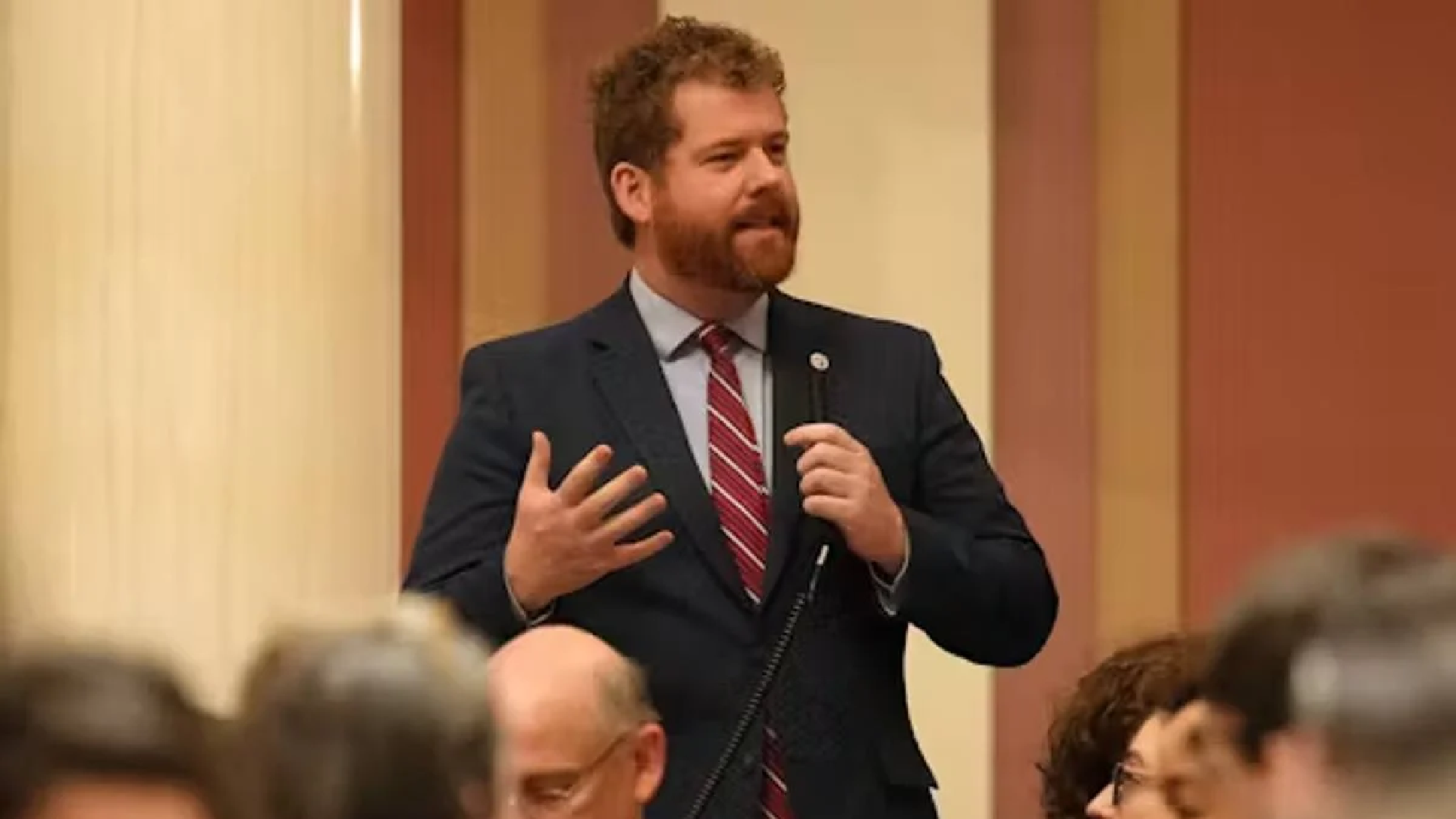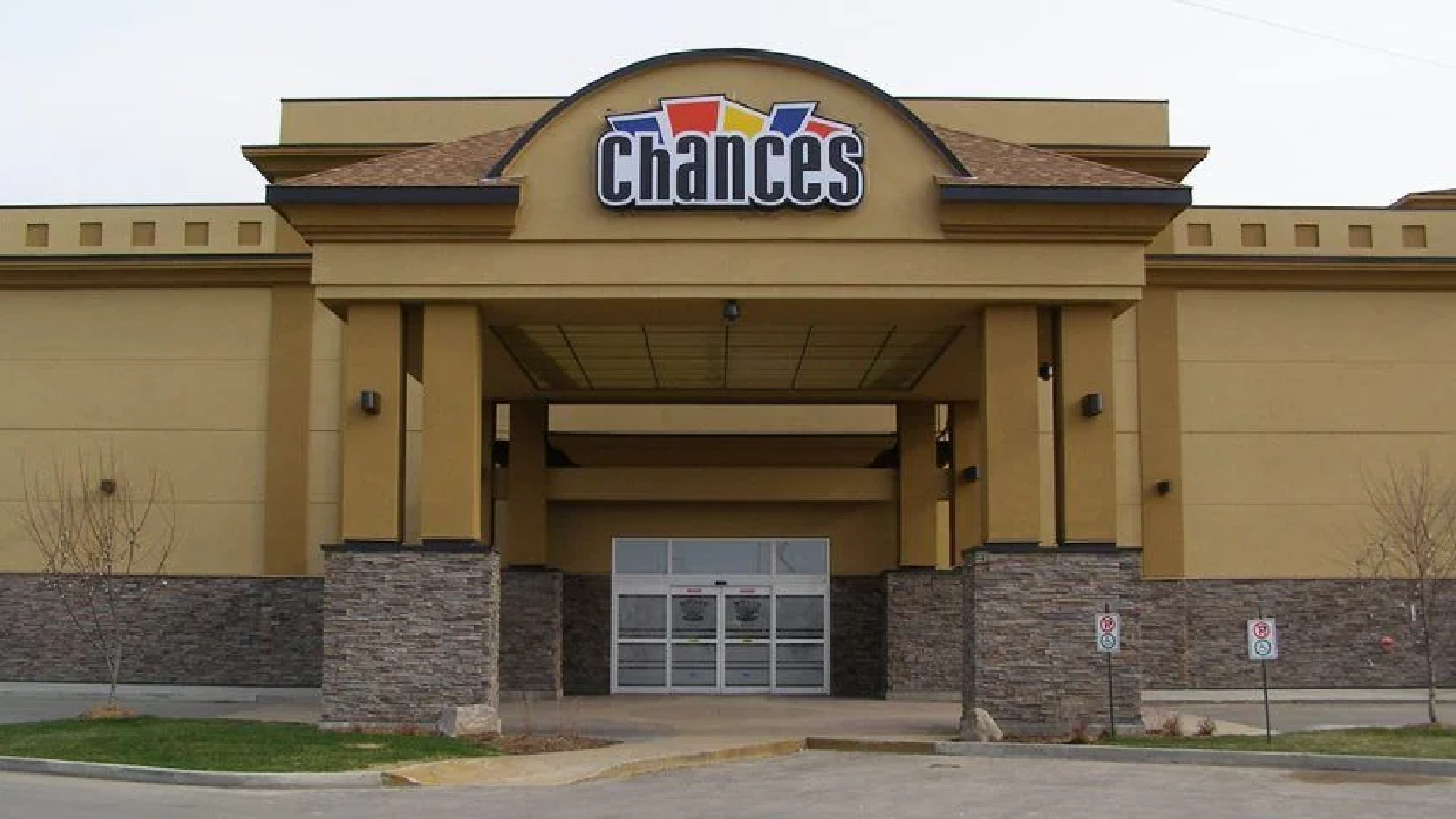For the sixth consecutive year, attempts to legalize sports betting in Minnesota were unsuccessful earlier this month.
In May 2018, the US Supreme Court struck down a federal rule that had restricted single-game sports wagering to Nevada, giving states the legal power to decide their own sports gambling policies. The 2024 bill's sponsors, Democrats from Minnesota, claim they were one step closer to legalizing sports betting in the state than ever before.
Like most things in the metropolis of Saint Paul, sports betting was heavily political. Officially known as the Democratic-Farmer-Labor Party (DFL), Democrats reached a settlement that they claim satisfied all parties involved in both online and retail sports betting.
DFLers claimed that although the state's professional sports teams, horse racetracks, Native American tribes, and charitable organizations did not oppose House File 2000, political maneuvering at the State Capitol caused the sports betting bill to fall just short of the number of votes required to pass the House chamber.
Momentum in Minnesota
The main sponsor of the 2024 sports betting bill is hopeful that 2025 will be the year that sports betting crosses the finish line, even though it will likely provide little consolation to Minnesotans who wish to wager on sports lawfully.
"We’re going to come up just short on the sports betting bill this year,” Rep. Zack Stephenson (DFL-Anoka) tweeted about the sports betting shortcoming. “But in the last few days, we proved that we could find a deal that all the major stakeholders could live with.”
There was "meaningful progress that can be a foundation for the future," Stephenson continued.
Tribal countries would have been granted exclusive rights to online sports betting under the 2024 sports betting deal. Twenty-two percent of the net win would have gone to the state.
Forty-five percent of the tax revenue would have been used for charitable gaming, fifteen percent for the two horse racetracks, ten percent for recruiting the state's big sporting events, ten percent for problem gambling programs, and five percent for youth sports.
The remaining 15% would have been distributed to smaller tribes or tribes whose affiliated online sportsbook was unable to gain a sizable portion of the market, and would have been placed into a "tribal equalization" fund. The purpose of the clause was to ensure that the larger tribal casinos in the state, which are owned by more powerful tribes, do not also control the majority of the sports betting revenue.
HHR Reversal
One piece of gaming legislation was passed by lawmakers, but legal sports betting will not be allowed in Minnesota for at least another year.
Tribes reacted negatively in April after the Minnesota Racing Commission allowed Canterbury Park and Running Aces to install slot-style historical horse racing (HHR) machines at their tracks. Senate Fille 2219, which forbids the state from allowing machines that are based on previously held horse races, was quickly supported by parliamentarians as a result of T.
“We are disappointed that the only gaming bill that passed this year will prevent our racetracks from increasing purses by using Historical Horse Racing,” said Randy Sampson, chief executive at Canterbury Park. “We believe this proposal deserves a much closer look than it was given by the legislators.”







